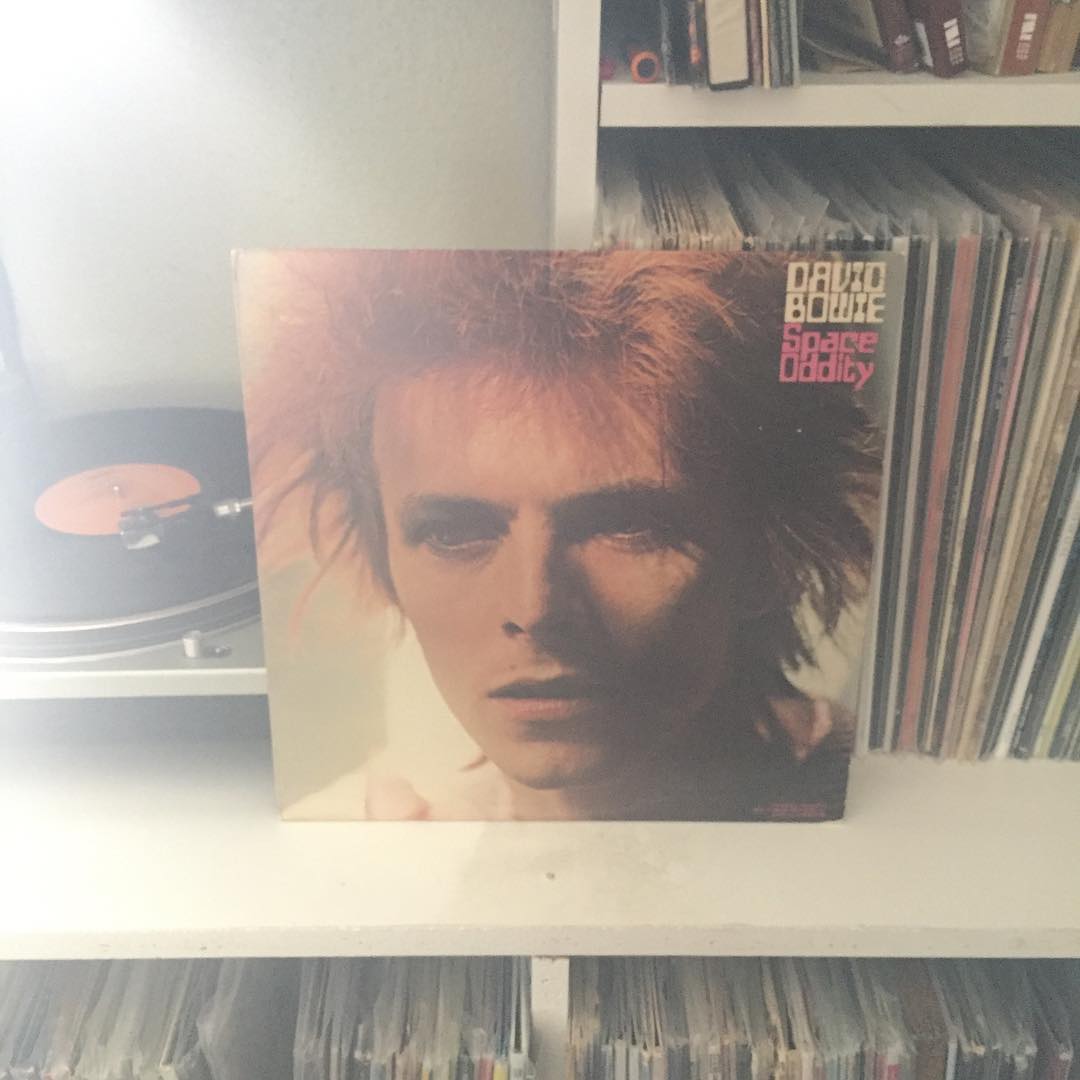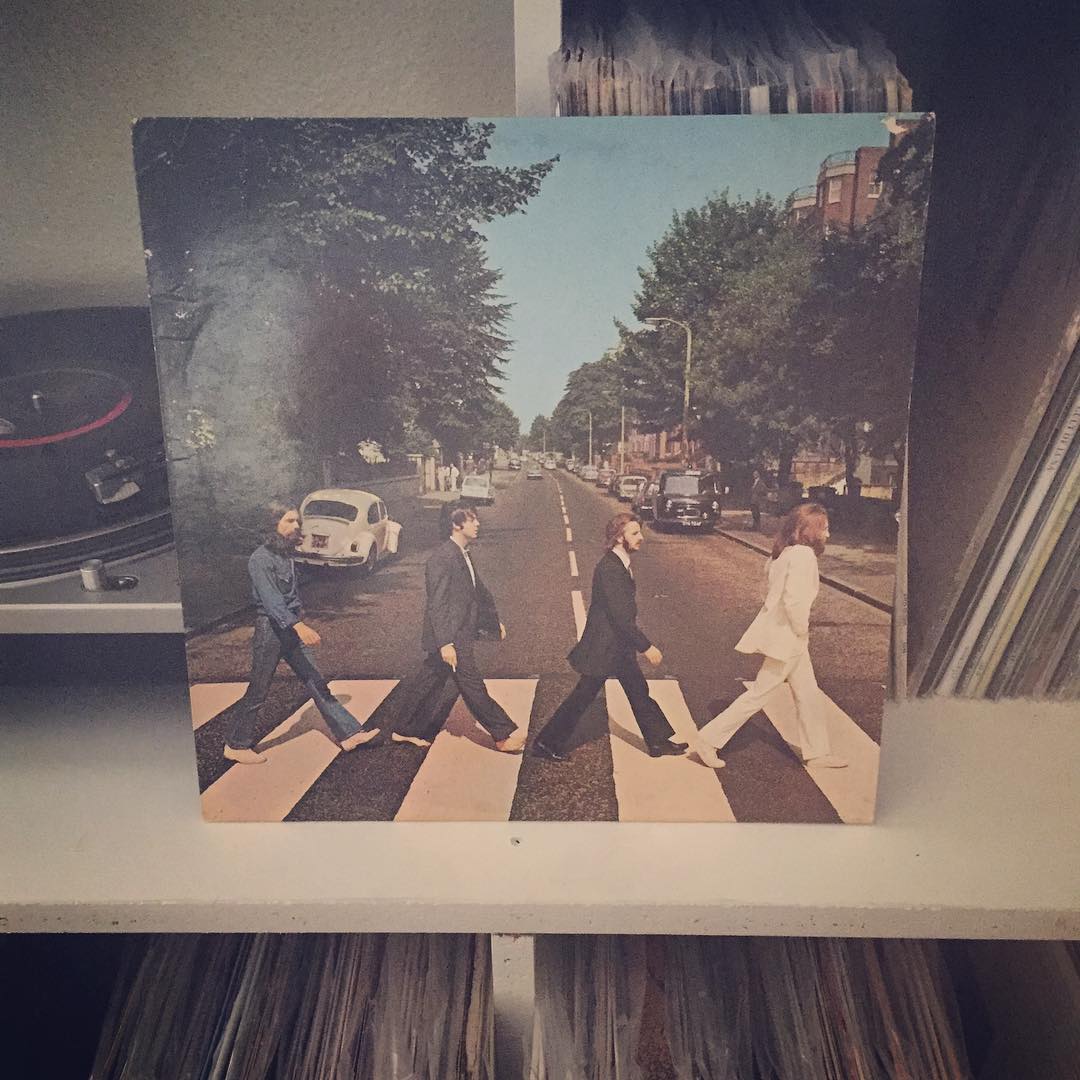As I mentioned earlier, Embryonic was the first Lips record I ever heard. Admittedly, it’s hardly the most conventional place to start with their expansive discography–far removed from Yoshimi’s space folk and The Soft Bulletin’s wide eyed optimism, and even further from the trippy drug punk from the earliest days.
favs
Record #162: Explosions in the Sky – All of a Sudden I Miss Everyone

Not everyone likes Explosions in the Sky, but no one who dislikes them does so because they don’t make beautiful music.
Simplified restatement: Explosions in the Sky makes beautiful music and no denies this.
Continue reading
Record #123: Death Cab For Cutie – Transatlanticism (2003)
 Of all of the DCFC-disparaging hipsters I know (which I have become on their latest release), I don’t think I’ve heard any of them say a word about Transatlanticism.
Of all of the DCFC-disparaging hipsters I know (which I have become on their latest release), I don’t think I’ve heard any of them say a word about Transatlanticism.
That’s probably as much because the record is as close to perfect as any emo-leaning indie band has gotten as it is because every single one of them owned this record when they were in high school and still secretly love it. Continue reading
Record #116: David Bowie – Space Oddity (1969)

Space Oddity is not David Bowie’s first album, but it is the first Bowie album anyone cares about.
Its title track, with its tragic astronaut and hand clap coda is still well known, and is still the first song anyone thinks of when they think of Bowie. This album would be notable even if just for its single, but the amazing thing is that the rest of the album doesn’t dwell in its shadow.
Record #74: Bright Eyes – I'm Wide Awake, It's Morning (2005)
I distinctly remember the first time I heard the opening minute of this album, wherein Conor Oberst tells a tale of a girl on a plane that begins crashing into the sea and is told that she is going to her own birthday party, and that everyone loved her very, very, very, very much.
Continue reading
Record #66: Bon Iver, Bon Iver (2011)
 The years between 2007 and 2011 were rather significant for Justin Vernon, the man behind Bon Iver. His debut album had been picked up by a label, and launched him into international (indie) stardom.
The years between 2007 and 2011 were rather significant for Justin Vernon, the man behind Bon Iver. His debut album had been picked up by a label, and launched him into international (indie) stardom.
Continue reading
Record #51: Bob Dylan – The Freewheelin’ Bob Dylan (1963)
There’s very, very little I can say about this record that hasn’t already been said. As a twenty-five year old, I can speak very little to the importance of when Bob Dylan emerged from the New York’s Greenwich Village and hit the national (worldwide?) stage, bringing folk music into the popular music sphere. This album in particular is iconic in every sense, from the oft-imitated album cover to the legends that occupy the tracklist–A Hard Rain’s a-Gonna Fall, Masters of War, Don’t Think Twice It’s Alright, and Blowin’ In The Wind, arguably Dylan’s most famous song (but you don’t need me to tell you that). It was a landmark both musically and politically, rocketing Dylan into his reluctant role of Spokesman of a Generation.
Record #49: Blind Pilot – 3 Rounds And A Sound (2008)
 As I said earlier, music is one of the biggest triggers of memory for me, and this album is tied strongly to one very significant night. Continue reading
As I said earlier, music is one of the biggest triggers of memory for me, and this album is tied strongly to one very significant night. Continue reading
Record #39: Beck – Sea Change, 2002
In the context of his diverse and expansive discography, saying that Sea Change is my favorite Beck record is a weighty claim to make. But, I make it anyway. True, it may be his least Beck-ish release, free of his deadpan rap stretching of the English language; and at times it might feel like longtime Radiohead producer Nigel Godrich might be calling most of the shots here (string arrangements and analog delay abound). But on Sea change, Mr. Hansen proves that his emotional range stretches far beyond self deprecation and a generous helping of irony.
Record #36: The Beatles – Abbey Road, 1969
And here it is.
